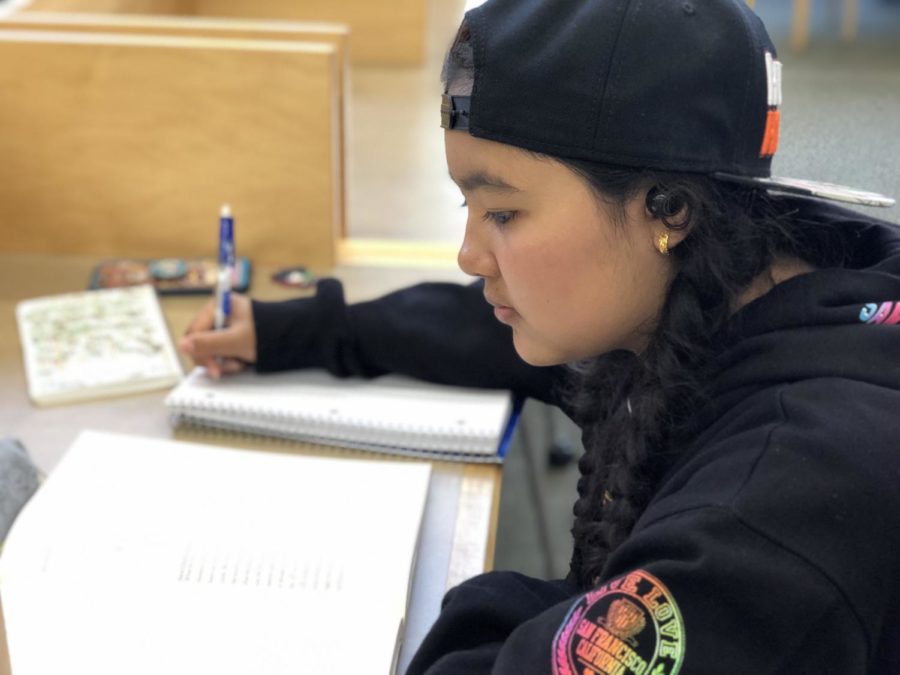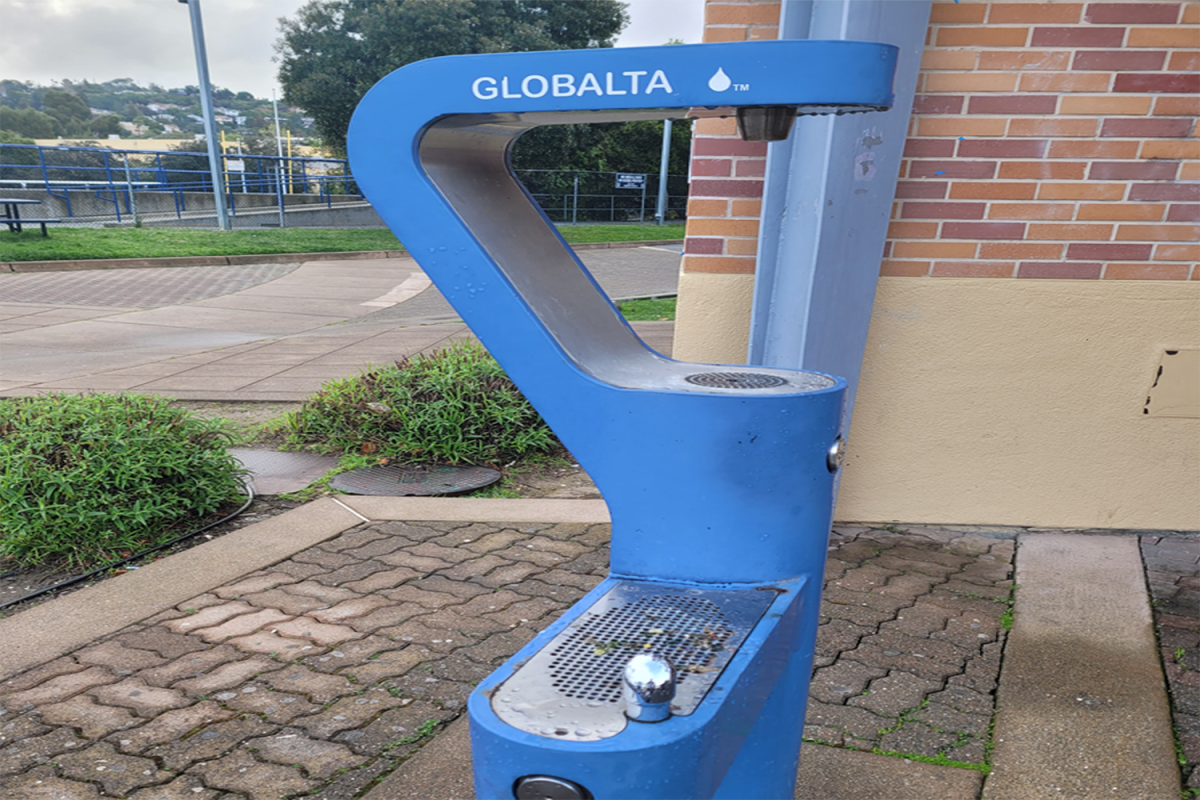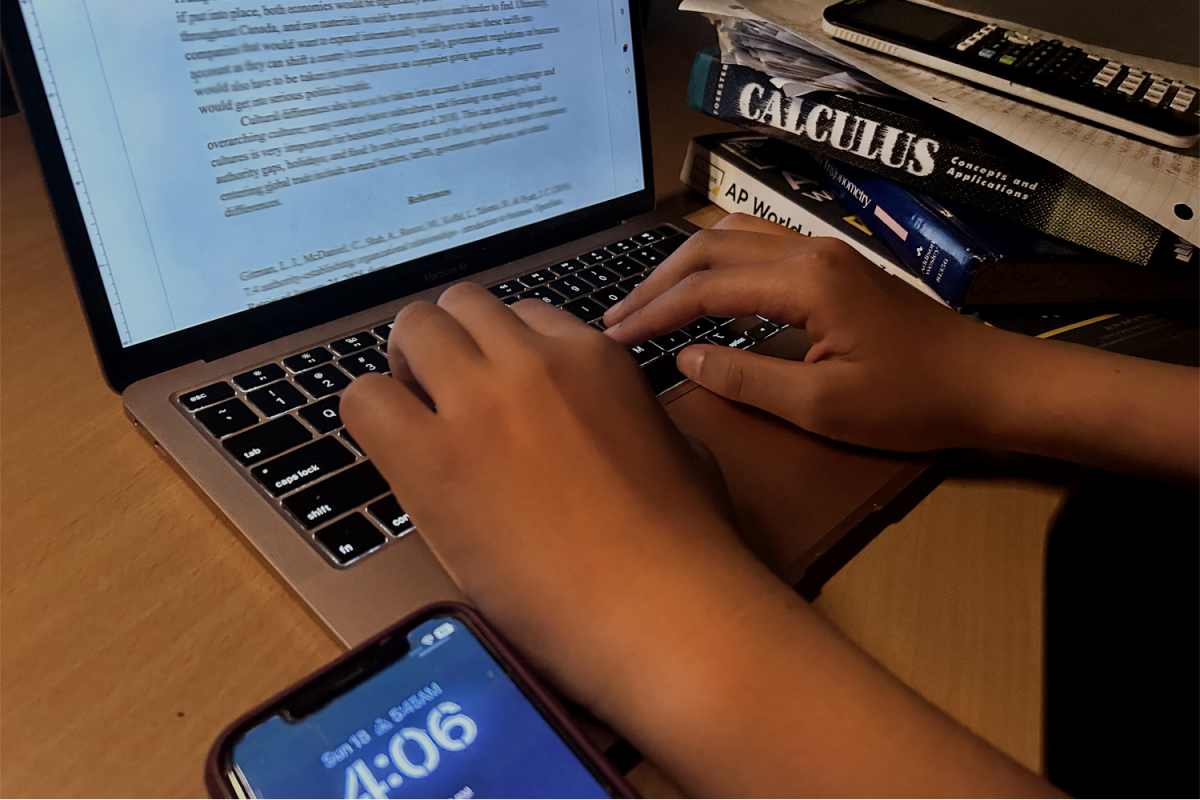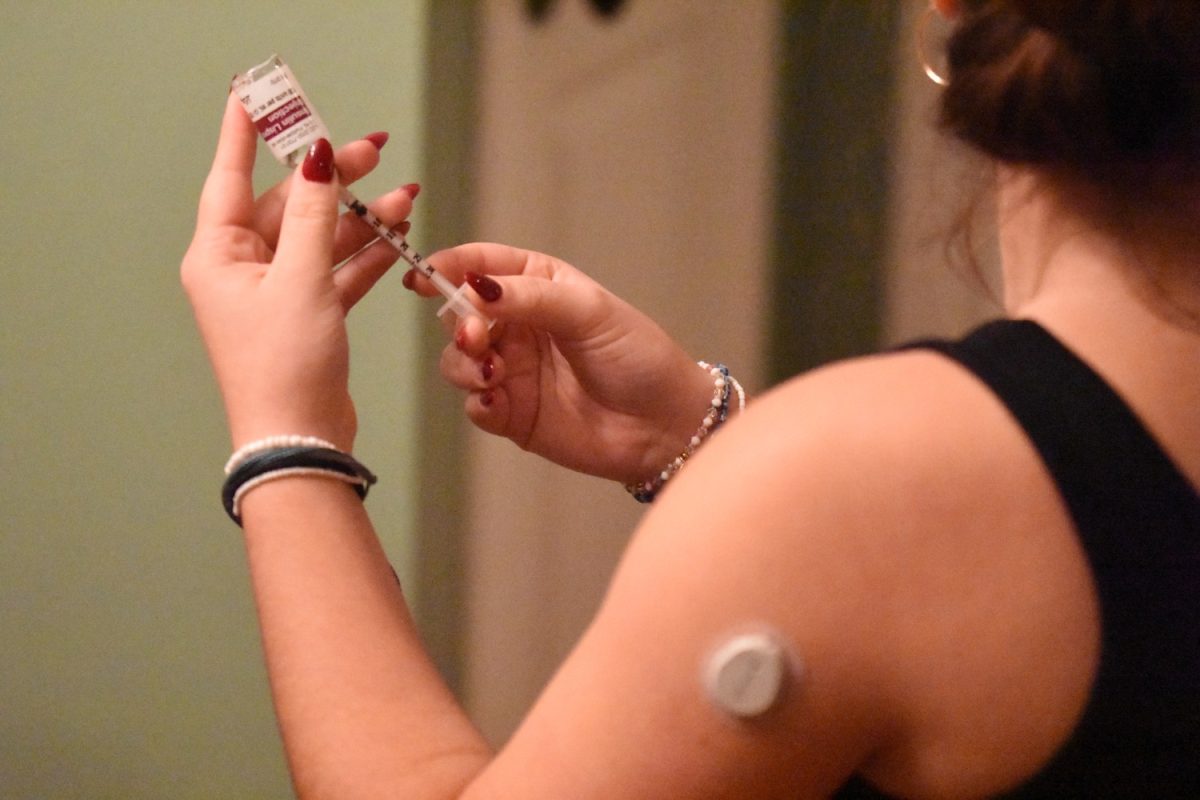The school-mandated PSAT is coming fast, but not all students deal with it the same way.
On Oct. 16, sophomores and juniors will be participating in the Preliminary Scholastic Aptitude Test, widely known as the PSAT. While some students believe that it does not affect them, others believe it is an essential aspect of doing well on the SAT and in college admissions.
“I don’t think the PSAT is going to affect you in any way because you don’t actually get a score. It’s more just so you guys are prepared to take the SAT when the time comes,” said Heidy Bravo, Carlmont secretary for the instructional vice principal.
The PSAT is intended to prepare students for the SAT, a test is used by colleges to determine ability in certain core subjects: math, reading, writing, and an optional essay.
Therefore, some see it as a prime opportunity for practice. Among such students is sophomore Carsen Sasaki who has started to prepare for the test.
“It’s not as important as the SAT, but it’s still extremely important,” Sasaki said. “I just think the PSAT is gonna help you in the long run for the SAT.”
Although sophomores don’t gain any advantage over their peers for doing well, the same cannot be said for juniors.
“As a junior, I suppose the PSAT is kind of important because there’s the National Merit Scholarship,” Alexandra Gische said.
The PSAT is also known as the NMSQT, which stands for the National Merit Scholarship Qualifying Test. Juniors who score in the top 1% of all students taking the PSAT can win National Merit Scholarships that can help them during college admissions.
Scoring in the top 1% of students allows students to become semi-finalists for the scholarship. The College Board then sends the semi-finalists’ names to colleges.
This year, 16 Carlmont students were named semi-finalists including Allie Ayers, Alice Chamberlin, Eva Espinoza, Albert Li, Vernon Luk, Jenny Mao, George Mathew, Gabe Mitnick, Joe Seaman, Emna Sellami, Daniel Semakov, Jonathan Shi, Colin Suits, Jenna Teterin, Kevin Wang, and Denise Zhou.
To become a finalist, students must do well on the SAT or ACT too. Of the finalists, a few are chosen to receive the $2,500 National Merit Scholarship.
Such an opportunity has the ability to produce added stress for students.
“When you tell people to do really well, or when they do really well on something, they can lose motivation to try hard,” Gische said. “I’m scared that because I did well, I’m going to have no motivation for the SAT, but on the other hand, it made me realize that I can do well and gave me peace of mind.”
However, Emily Snelling, a senior, does not recommend worrying about the PSAT in any grade.
“It’s not going to make or break your college career. It’s really the SAT that it’s all about. Don’t stress about it,” Snelling said.
As a last word of advice, Allison Hauf, a junior, recommends that students try their best on the PSAT, regarless of whether they believe in its importance or not.
“Don’t be surprised by it,” Hauf said. “It’s just standardized testing, but it’s standardized testing for what college you’re going to get into. Just be prepared for it.”























